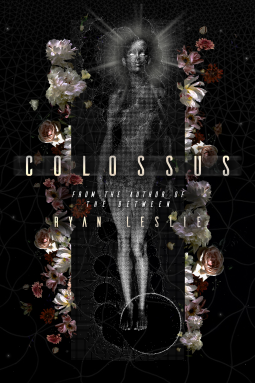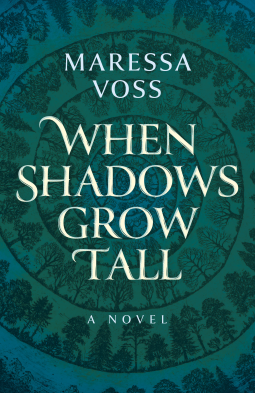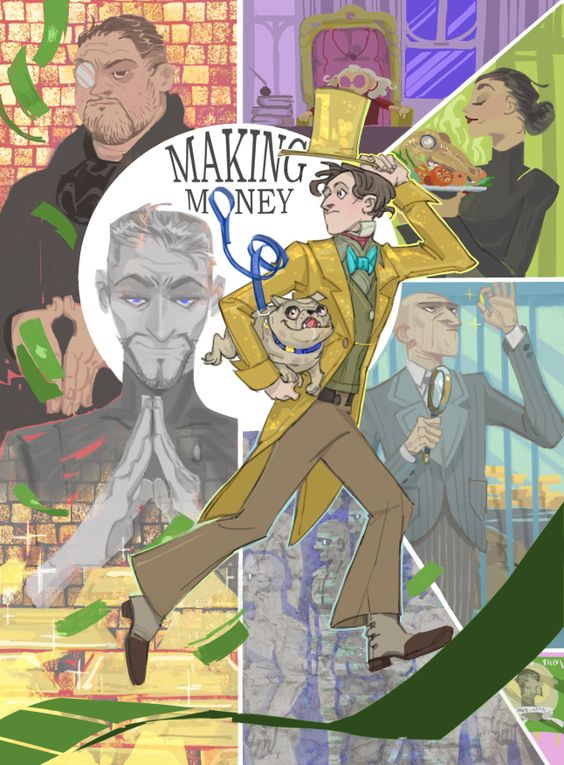
(ARC review from NetGalley)
Oh man, I didn’t realize I had a real thing for the Sci-Fi trope ‘issues with cryo-sleep’ (maybe because Passengers wasn’t such a great film and it distracted me from liking the trope) but Colossus absolutely brings out the best of this.
The book follow Clay West. A former economics lecturer who for various (spoilery) reasons finds himself volunteering for a long (unbelievably so) term space journey for what has been described as a colonizing mission to create a new society. The book begins as Clay is woken prematurely from a cryo-sleep and is faced with about a dozen moral dilemmas as he tries to figure out a. what to do and b. a seemingly endless amount of mystery about the true purpose of the mission.
As the story progresses we learn more about Clay’s backstory, Part I dances between the ‘present’ and this history in a seamless and well paced narrative. I often get annoyed with badly done backstory but this book does it well! We’re also introduced to the complex and controversial drug “Dying Wish” a substance which allegedly brings the most euphoric realizations but is always fatal.
If you’re wondering what a powerful drug has to do with a sci-fi about a very deep space mission, don’t worry – as Part I comes to an end the rabbit hole of concepts grows ever deeper and crazier and it does not disappoint.
So overall I REALLY liked this book. I love sci-fi that doesn’t shy away from really intense concepts but also manages to balance the human angle and good character stories alongside the big picture ideas.
My only beef is that Part II where the book takes us away from MC Clay for quite a while to explore the background of the more technical stuff – I recon it could have been 1/2 the length and still captured the vital parts of the story, Part II felt like a real slowing of the pace of this awesome novel and while it was worth getting through it, the section dragged a little.
As this is an advance review I’ll avoid a deep dive into the concepts – but I anticipate coming back to this after release to see others interpretations and explanations, its definitely the sort of book that will generate a lot of analysis!










